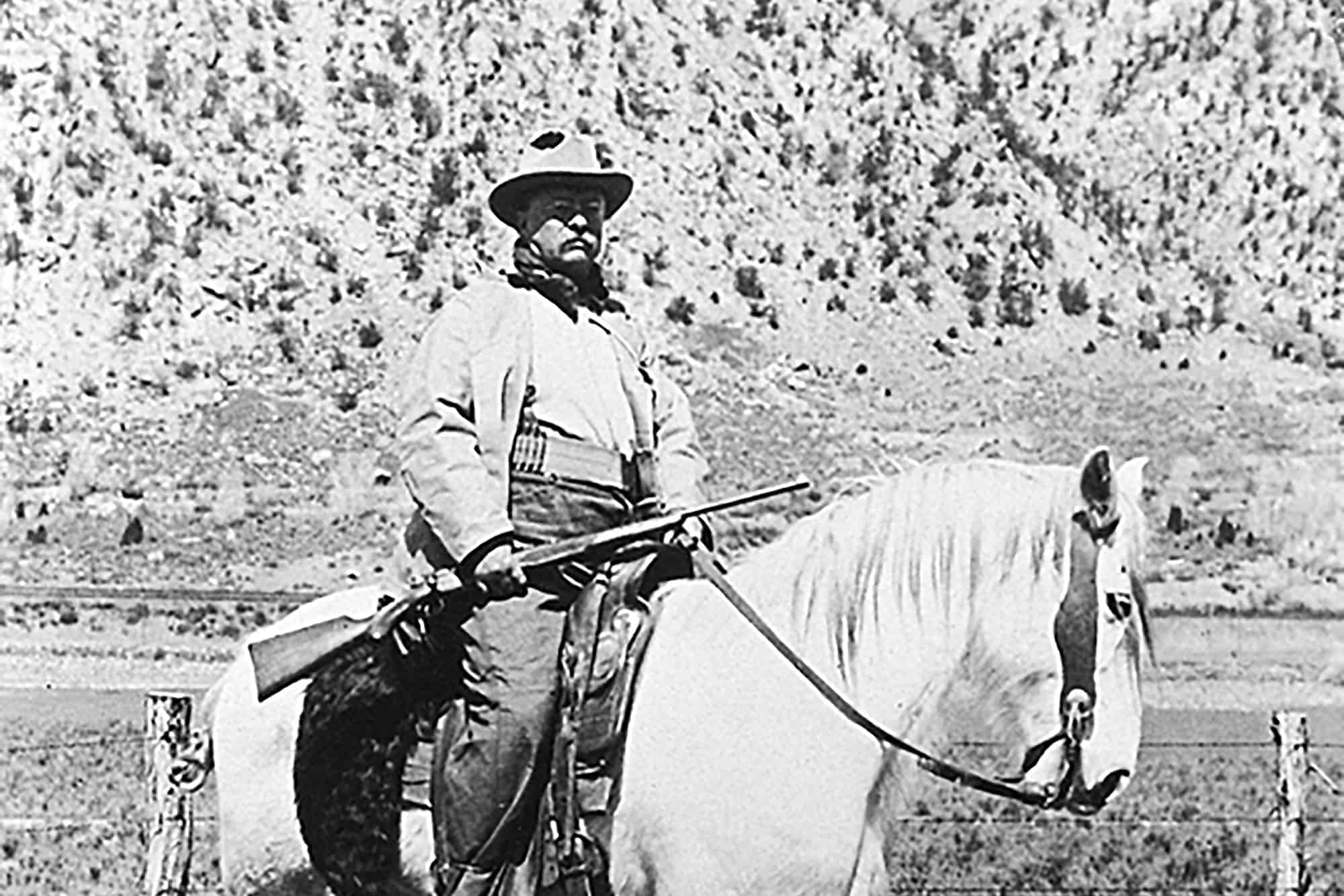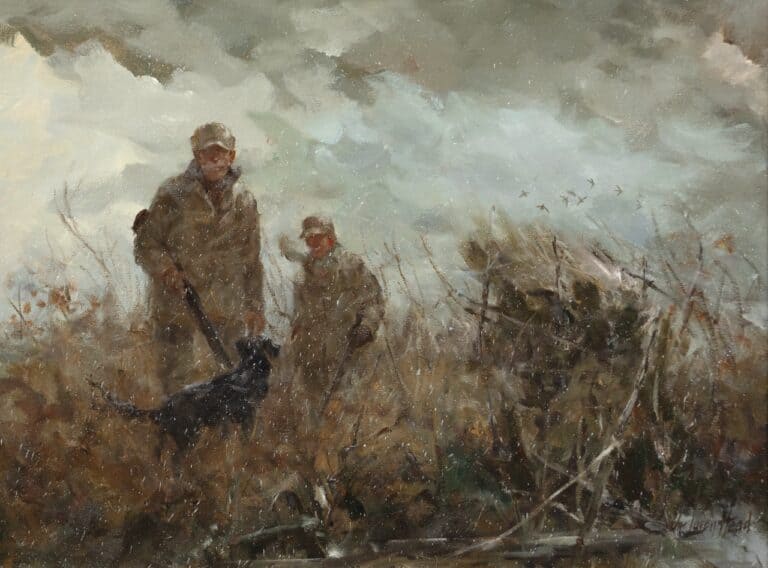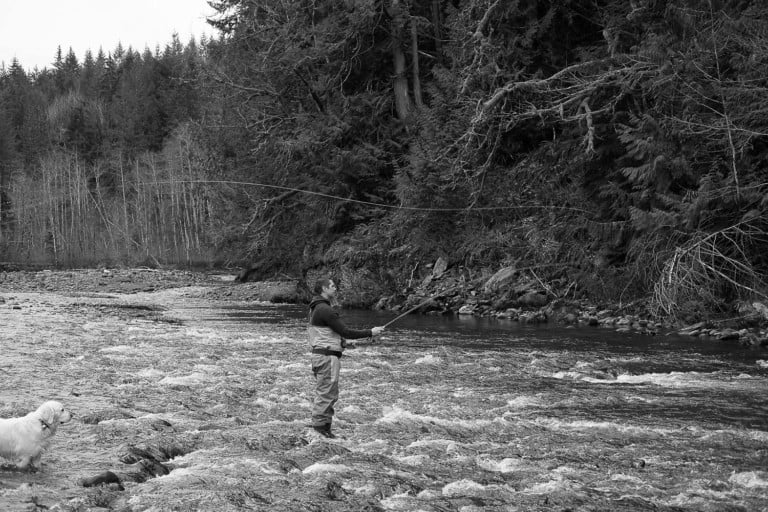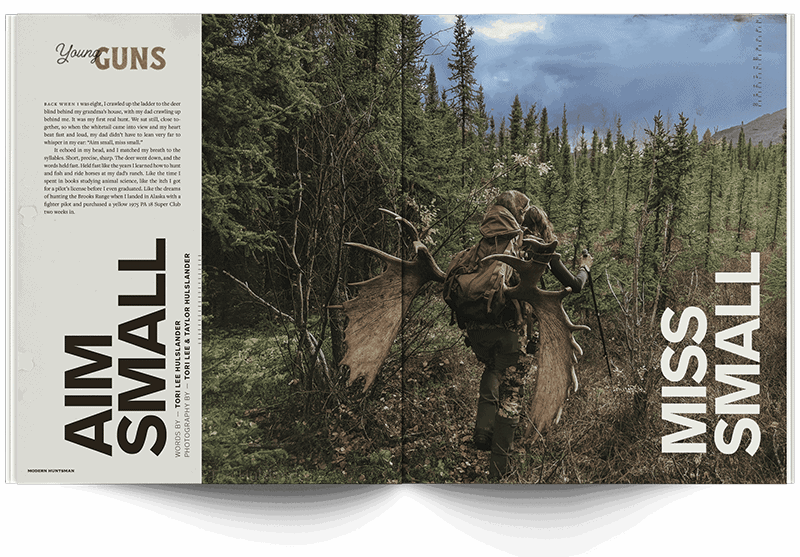Hunting is a profound human activity that has been with us since the dawn of man. It is practiced today by millions of people worldwide and remains a longstanding outdoor tradition, out of both recreation and necessity. However, its perception in modern society has become muddled as more communities drift away from the need to hunt, fueled by misconceptions of what it means to harvest an animal. Today, we hunters are a minority. Therefore, it is now more important than ever that we adhere to a strict code of conduct, which requires respect for the animal and builds equity in the minds of a public that is becoming increasingly hostile to this lifestyle.
In 1887, at the very first meeting of the Boone and Crockett Club, the founding members discussed the need for a new standard of ethical hunting. The name given to this standard by the Club was Fair Chase, and it has become a guiding principle for the pursuit of wild game, a code that I have applied earnestly to my life’s passion. It dictates that hunting should be conducted by responsible people who hold themselves accountable to a higher personal standard that extends above and beyond the law. The Fair Chase principle contains three fundamental components: Intrinsic Value, Moral Legitimacy and Ethics. I believe that an understanding of Fair Chase in today’s world is paramount for an accurate representation of hunting’s place in social discourse and raising awareness to its truth will protect the sportsman heritage for those yet to experience it.
INTRINSIC VALUE
This is the understanding that every being has value in its own right, which is not derived from the human benefit they can or cannot be used for.
The principles I hunt by have developed over time, and the first I chose...




